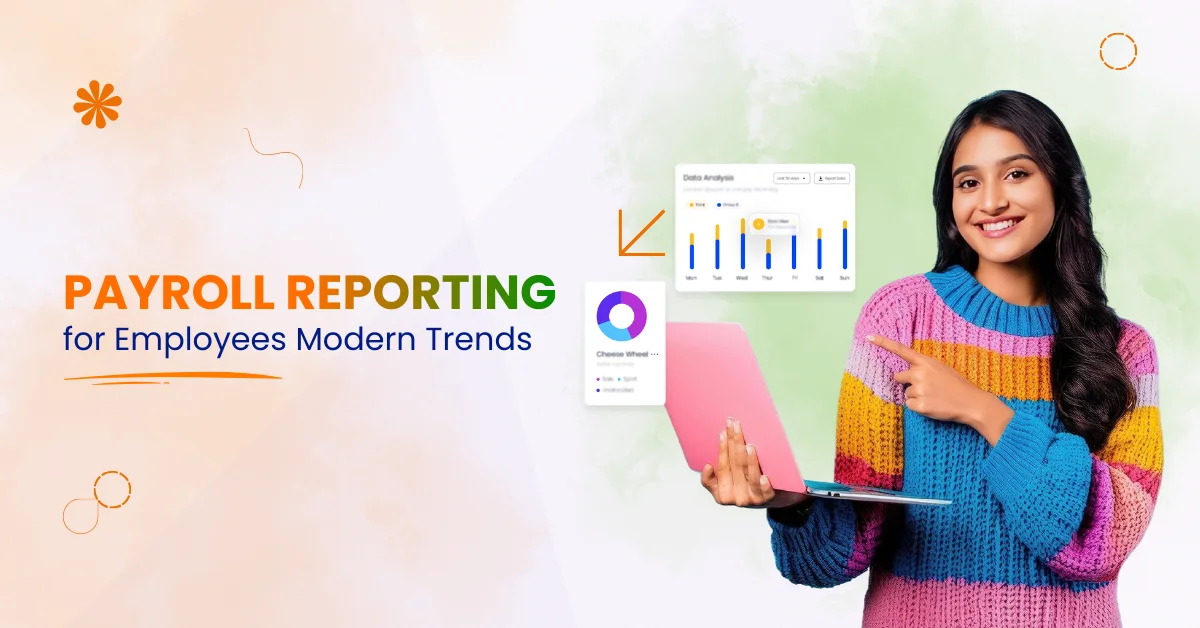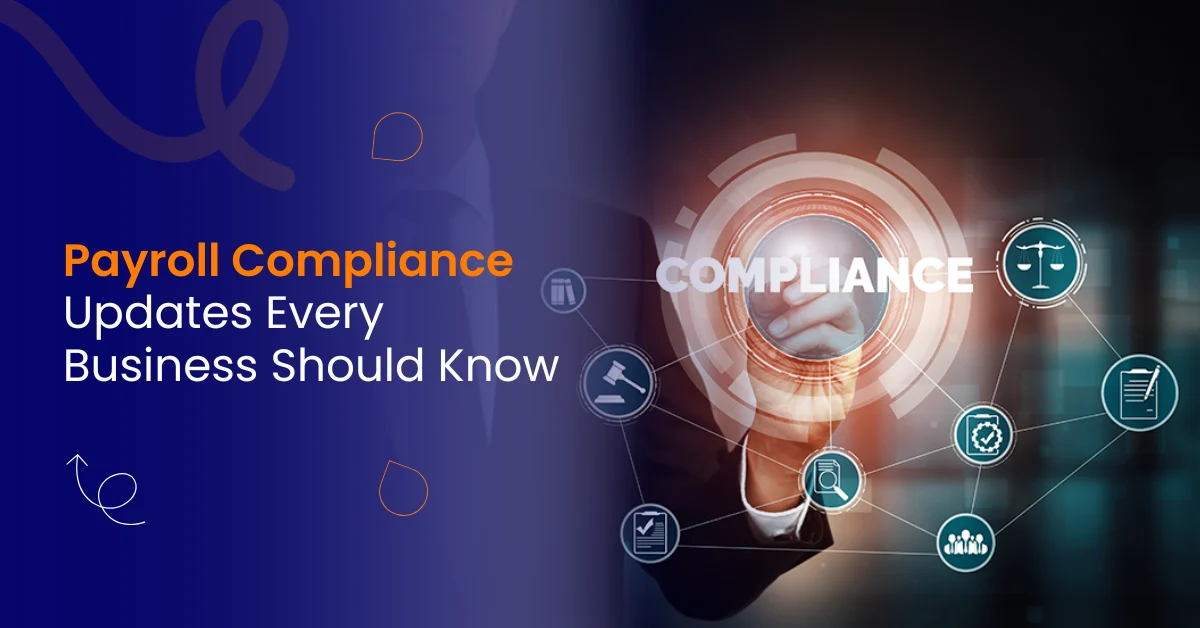The probation period is a critical trial phase in every employment relationship. It allows both the employee and the employer to assess fit, performance, and expectations.
For employees, probation is about learning the role and demonstrating capability. For employers, it is about fair evaluation, payroll accuracy, and compliance with probation period in India. Clear employment contracts, defined probation period salary, and notice period terms help avoid disputes and legal consequences.
Bharat Payroll supports Indian organizations by tracking probationary employees, managing salary and benefits accurately, and maintaining compliance-ready records from onboarding to confirmation.
This guide explains the probation period clearly from both perspectives, covering rules, salary, extensions, termination, and payroll compliance.
What Is a Probation Period?
A probationary period is the initial evaluation phase of employment. It allows employers to assess an employee’s suitability while giving the employee time to adapt.
Probation is not informal. It must be defined in the employment contract and aligned with company policies and employment law.
Key Characteristics of a Probationary Period
- The probation period is a defined trial period at the start of employment
- Most companies follow three to six-month timelines
- Probationary employees are evaluated before permanent employment confirmation
- Probation period rules are defined by company policies
- Successful completion leads to permanent employee status
Probation Period in India: Rules and Legal Framework
India does not mandate a single probation structure. Instead, multiple laws guide probation rules.
The Industrial Employment Act, Industrial Disputes Act, and Indian employment law shape how probationary employees must be treated. Government jobs follow stricter frameworks, while the private sector has flexibility.
Laws Governing Probation in India
- The Industrial Employment Act governs employment terms and classifications
- The Industrial Disputes Act protects against unfair termination
- The Maternity Benefit Act applies even during the probationary period
- Employment law mandates fair evaluation and proper documentation
Probation Period Salary and Pay Grade Structure
Probation period salary is legally payable. No employee can work unpaid.
However, the salary structure may differ from that of confirmed employees. Pay grade, variable pay, and benefits may activate only after confirmation.
How Probation Period Salary Works
- Probation period salary is paid as per the employment contract
- Pay grade may exclude incentives during the trial period
- Health insurance often activates post confirmation
- All salary payments require proper payroll documentation
How Bharat Payroll Aligns Probation, Payroll, and Compliance
| Probation Stage | What Employers Track | How Bharat Payroll Helps |
|---|---|---|
| Joining & Onboarding | Employment contract, probation rules, pay grade | Automates onboarding workflows and policy mapping |
| Active Probation | Attendance, probation period salary, leave eligibility | Syncs attendance with payroll calculations |
| Performance Review | Employee’s performance, evaluation notes, and feedback | Store performance documentation securely |
| Probation Extension | Extend probation timelines, revised KPIs | Triggers probation extension alerts automatically |
| Confirmation | Permanent employment status, benefits activation | Updates salary, benefits, and confirmation status |
| Exit During Probation | Notice period, final salary, compliance records | Ensures accurate FnF and audit-ready documentation |
Notice Period During Probation
Notice period rules differ during probation.
Most companies require shorter prior notice to allow flexibility for both the employee and employer.
Notice Period Rules During Probation
- The notice period usually ranges from seven to thirty days
- Prior notice must be documented in the employment contract
- Such termination requires valid reasons and documentation
- Notice recovery applies if probation rules specify
Probation Period vs Permanent Employment
Probationary employees and permanent employees differ in rights, benefits, and job security.
Permanent employment begins only after successful completion of probation.
Key Differences Explained
- Probationary employees have limited job security protections
- Permanent employee status activates all the benefits
- Confirmed employees receive full statutory and company benefits
- The probation period determines long term employment relationship
Performance Evaluation During Probation
Employee’s performance is the core evaluation metric.
Evaluation must be structured, unbiased, and documented to ensure a fair evaluation.
What Employers Evaluate
- Employee’s performance against defined role expectations
- Healthy and positive attitude toward work and feedback
- User interaction and collaboration with team members
- Performance documentation supporting evaluation outcomes
Structured Performance Evaluation Methods
To ensure fair and transparent assessment during probation, employers often adopt structured evaluation practices:
- Monthly or milestone-based performance check-ins
- Written evaluation reports documenting strengths and gaps
- Role-specific KPIs aligned with job descriptions
- Feedback documentation from reporting managers and HR
Can Employers Extend Probation?
Yes. Employers may extend probation if performance is inconclusive.
Probation extension must be communicated clearly and documented.
Probation Extension Rules
- Probation extension requires written confirmation
- Extend probation only with justified performance reasons
- Probation extension timeline must be clearly defined
- Probation rules must allow extension explicitly
Termination During Probation: What the Law Says
Termination during probation is allowed but regulated.
Such termination must follow employment law to avoid disputes.
Legal Safeguards for Termination
- Such termination requires performance documentation support
- Fair evaluation is mandatory under industrial disputes act
- Discrimination leads to serious legal consequences
- Proper documentation protects both the employer
IT Access, Security, and Extension Controls During Probation
During probation, companies often apply stricter IT policies—especially in regulated or private sector roles.
This includes app or extension access controls, data protection, and system monitoring managed by the IT department.
Why IT Restrictions Apply During Probation
- Block extensions to reduce data security risks
- Force-installed extensions ensure default configuration compliance
- Chrome Web Store access may be restricted
- Extension users’ permissions are tightly controlled
How IT Departments Manage Extensions During Probation
Organizations may automatically install or restrict browser extensions.
This prevents web request modifications, data leaks, and unauthorized access.
Common IT Controls Used
- Automatically install approved extensions with specified minimum version
- Block extensions allowing access to cookies or modifying websites
- Restrict installation mode using the extension’s manifest
- Control extension id, api permissions, and host pattern format
Why Chrome Extensions Appear in Probation Policies
In many companies, probation includes restricted system access.
IT teams manage extension download location, CRX file handling, packed extension approvals, and subsequent extension updates to reduce risks during onboarding.
This is standard in compliance-driven organizations.
Benefits and Rights During Probation
Probation does not remove employee rights.
Even probationary employees are entitled to statutory protections.
Employee Rights During Probation
- Statutory benefits apply even during the probationary period
- Maternity Benefit Act protections remain applicable
- Employees deserve fair evaluation and clear communication
- Legal remedies exist for unfair treatment
Employer Responsibilities During Probation
For employers, probation is a compliance-sensitive phase.
Payroll, benefits, and documentation must remain accurate.
Employer Obligations
- Maintain proper documentation for compliance audits
- Apply company policies consistently across employees
- Ensure probation period salary accuracy
- Coordinate HR, payroll, andITt department workflows
How Bharat Payroll Supports Probation Management
Bharat Payroll connects probation tracking with payroll and compliance.
It reduces errors and ensures transparency.
What Bharat Payroll Automates
- Probation period salary linked to pay grade changes
- Notice period calculations during probation exits
- Confirmation and probation extension tracking
- Compliance-ready records for audits
From Probation to Confirmation
After satisfactory performance, employees move to permanent employment.
This transition activates benefits and job security.
What Happens After Confirmation
- Permanent employee status is formally issued
- All the benefits become applicable
- Health insurance and long-term benefits are activated
- Employment relationship stabilizes long-term
Conclusion
The probation period in India is not informal. It is regulated, documented, and compliance-driven.
For employees, probation tests adaptability and mindset. For employers, it ensures fair hiring, payroll accuracy, IT security, and legal protection.
With Bharat Payroll, organizations manage probation rules, salary, notice period, benefits, and documentation seamlessly—without manual risk.
Probation done right builds strong employment relationships.
Manage Probation Without Payroll or Compliance Risks
Simplify probation tracking, salary accuracy, notice periods, and compliance using an integrated payroll and HR management system.
Frequently Asked Questions
1. What is the probation period in India?
The probation period in India is a trial phase defined in the employment contract. It allows employers to evaluate employees’ performance and suitability before confirming permanent employment, while ensuring salary payment and legal protections under Indian employment law.
2. Are probationary employees paid a salary in India?
Yes. Probation period salary is legally required. Employers must pay the salary as per the pay grade mentioned in the employment contract. However, benefits like bonuses, health insurance, or incentives may apply only after successful completion of probation.
3. Can an employer extend the probation period?
Yes. Employers can extend probation if the employee’s performance is inconclusive. Probation extension must be communicated in writing, supported by performance documentation, and aligned with company policies and employment law to avoid disputes or legal consequences.
4. What notice period applies during probation?
Notice period during probation is usually shorter, ranging from seven to thirty days. Prior notice requirements must be defined in the employment contract. Such termination still requires valid reasons and proper documentation to ensure legal compliance.
5. How does Bharat Payroll help manage probation?
Bharat Payroll automates probation tracking by linking payroll, notice period rules, benefit activation, confirmation workflows, and compliance documentation. It helps employers manage probationary employees accurately while ensuring salary correctness, audit readiness, and legal compliance.






